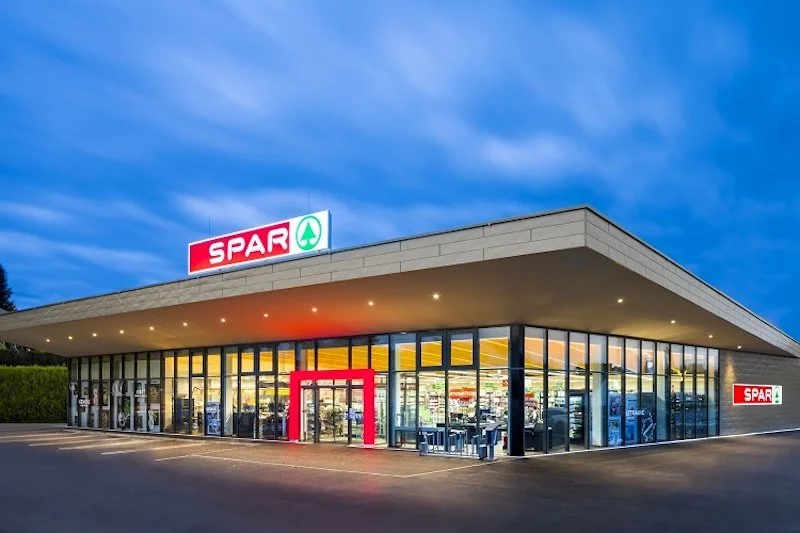Retailers rush to deploy self checkout solutions
Retailers across every world region increased their investment in self-checkout technology in 2019, with more than 120,000 units shipped globally, according to RBR.
The USA drove the expansion. Existing deployers, such as supermarket chain Wegmans and wholesaler Costco, brought the technology to more outlets and installed further units in stores already offering self-checkout. Meanwhile, new users, from convenience store chains like Fast Phil’s to discounters and mass market fashion retailers, were first time deployers.
Activity in Europe nearly doubled in 2019, with a variety of projects underway, from first time pilots of the technology to large-scale roll-outs and hardware upgrades. Major grocery players, Lidl and Carrefour, continued to expand their footprint throughout the region, while several major supermarket chains in the UK invested in a large number of additional terminals, many of which were cashless.
Labour shortages in some central and eastern European countries encouraged retailers to boost their focus on this space, with Polish discounter Biedronka embarking on a roll-out across its 3,000-store network.
China’s mobile payment revolution in recent years has fuelled strong growth in the self-checkout market, driven by Alipay and Tenpay. Units in the country largely only accept card or electronic payments, with facial recognition technology also being trialled at terminals. Elsewhere, initial pilots took place in India and Vietnam, while leading retailers in Peru and Taiwan began first-time roll-outs.
The short-term impact of the Covid-19 pandemic on the market is likely to be limited, RBR reckons. Essential retailers, grocery chains have continued trading in recent months, although some projects may be delayed until later in 2020.
The impetus to keep close interaction between customers and staff to a minimum will boost the case for self-service. RBR also predicts that global installations will treble by 2025 to surpass 1.1 million.










Continue reading…